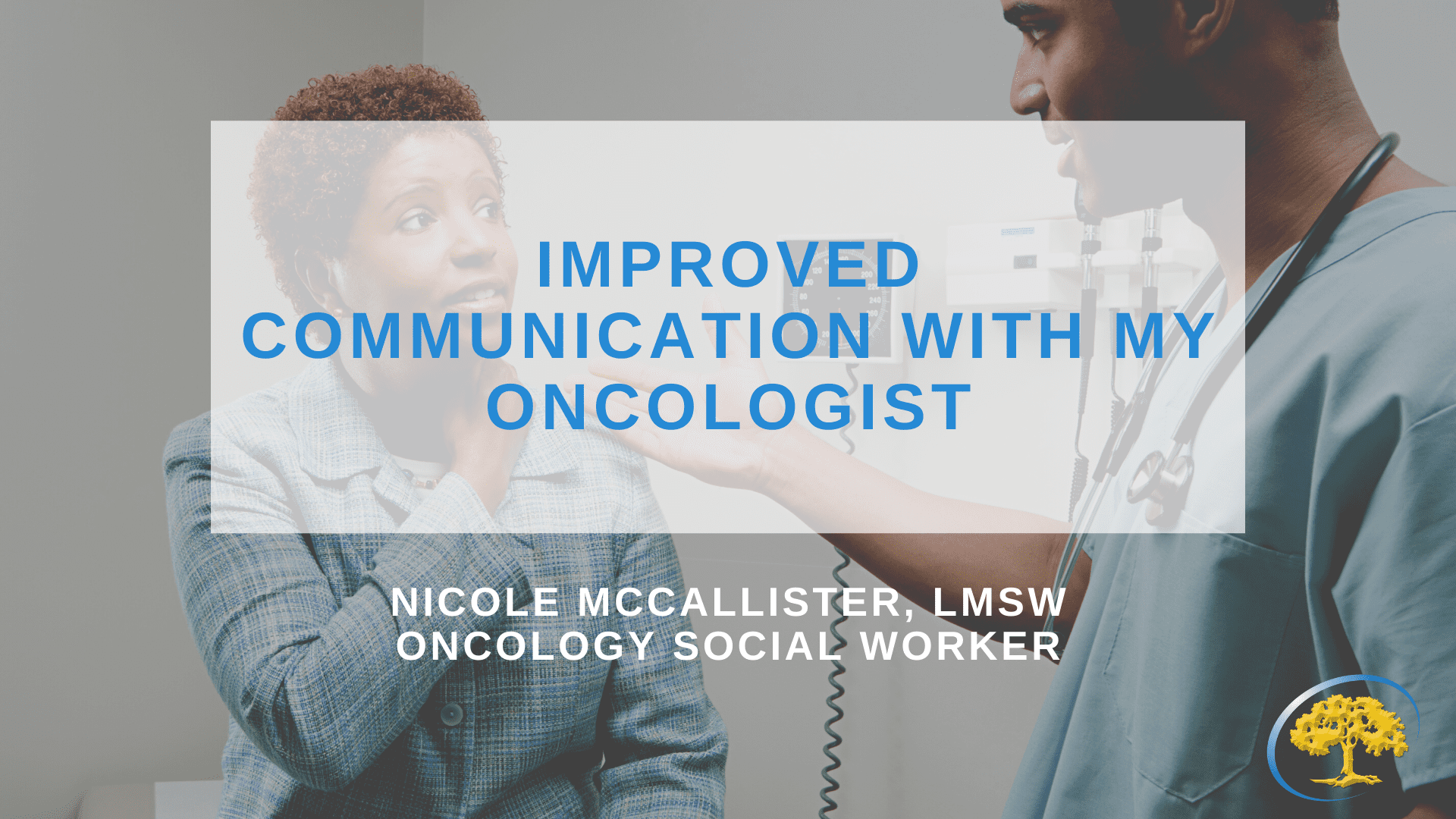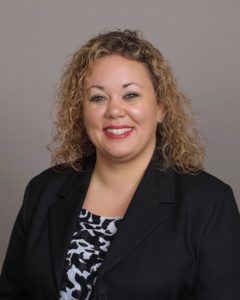
Posted 4 years ago
Improved communication with my oncologist
Receiving the treatment you need at any stage of cancer care is not as easy as finding the best doctor. A patient-doctor relationship that has a strong foundation in communication can empower, inform and build trust for both the patient and the doctor. Poor communication can be the culprit if you are not feeling comfortable in the relationship with your doctor. At Ironwood, we want you to have the best experience and feel as important and valued as we believe you to be.
Here are some tips to help improve the conversations and experience you have with one of our doctors or providers:
- Establish goals for the conversation.Have one to three goals/topics for the appointment and try to anticipate what information the oncologist may need from you in order to fully answer
- Do not ask “yes” or “no” questions.Use open-ended questions to encourage sharing and to gather details
- Listen and repeat.Use a technique called “teach back.” Say something like, “So, what you’re saying is…” and then repeat back how you understand what you were just told
- Do not keep secrets. If there is something going on with your health, how you are handling side effects, emotional issues or confusion from what other doctors are telling you, share that with your oncologist
- Be clear about what matters in your life.Do you value quality over quantity? Do you want to be able to continue to work? Are you hoping to start a family? What is important to you should be important to the oncologist treating you, but you must be able to articulate what you most want. These goals can change, so keep your team informed
- Understand the specifics of your treatment.For example, get the names of the drugs you will be receiving, ask for any cancer subtype information, find out how often you will be in the clinic, if hospital stays be necessary, what are the likely side effects and are there methods to lessen them. If you are not satisfied, ask about alternative options, including clinical trials and palliative care only
- Ask for help.Grief, fear, anxiety—these are all common emotions with a cancer diagnosis. Ask for psychosocial support and/or contact information for local resources. Ironwood has Social Workers who can guide our patients to the emotional care they need.
Jack McSweeney, ANP, is a provider in our Phoenix location. He works side by side with Dr. Boo Ghee Low. Jack had some advice to share from the perspective of the medical professional.
Patients may be sick the first few days after treatment and then be fine for the next three weeks until treatment comes again. Providers will ask how patients are doing and they report how they are feeling that day versus how they have been since their last visit. It is easy to forget those first few days but those symptoms are very important for the providers to know about.
Every patient should have a Doctors Appointment Note where they journal information about their health and wellness. Jack said the patient should have a page for each visit with their doctor. The first section should detail what has happened since the last visit. The second half should have questions for the doctor and room for documenting with the doctor reports.
The providers will want to know about four main categories: Nausea/Vomiting, Pain, Eating and Bowel Movements. After discussing these, they will want to know about any fevers you have had, illness, upcoming procedures and potentially life events.
Pain is often asked about in a scale format. For example, someone might say, “On a scale of 1-10, where do you rate your pain?” However, what is more important for providers to know is how the pain is affecting or impairing your ability to function on a daily basis. Is it interfering with sleeping, eating and moving around? Are you unable to get out of bed or off the couch?
Did you know that your Social Workers at Ironwood can assist you in being prepared for visits with your Oncologist? We can help you use journals and symptom trackers to improve your communication and walk away from appointments feeling like all of your questions of have been answered.
About Nicole McCallister, LMSW

